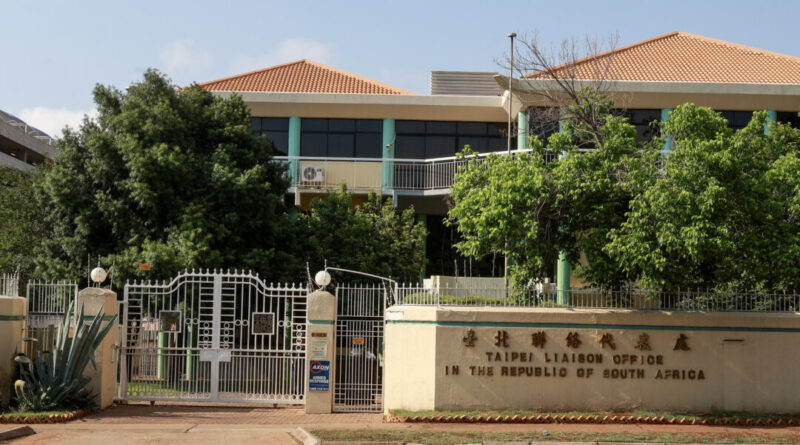US Lawmakers Allege South Africa of ‘Bullying’ Taiwan and Issue Warning of Potential Consequences
South Africa’s demand that Taiwan move its diplomatic office out of Pretoria amid increasing pressure from China to isolate Taiwan, a crucial U.S. ally, has caused outrage among some American lawmakers.
Chrispin Phiri, spokesperson for South Africa’s Department of International Relations and Cooperation, confirmed that the president has instructed the Taiwanese government to vacate its premises in Pretoria by the end of October and relocate to Johannesburg, or face consequences.
Senator Marsha Blackburn (R-Tenn.) took to social media to express her disapproval, calling on the Biden administration to impose repercussions on South Africa for succumbing to Chinese coercion in their treatment of Taiwan.
The African Growth and Opportunity Act (AGOA), a trade agreement in which South Africa is a major beneficiary, has been brought into question as a result of these actions. Blackburn emphasized that the U.S. should not support countries that prioritize China over democratic partnerships.
If South Africa proceeds with this move, it could have significant implications for their participation in AGOA, which grants African countries tariff-free access to U.S. markets for various products.
Taiwanese officials are lobbying the U.S. and other allies to resist this “unreasonable demand” from South Africa, noting that China is using the country to undermine Taiwan’s international presence.
Various U.S. lawmakers have condemned South Africa for its actions, calling it a “pathetic attempt” to bully Taiwan and warning of potential consequences for their relationship with the United States.
The decision to request Taiwan’s relocation came following pressure from China, South Africa’s largest trade partner and political ally. The move has raised concerns about China’s increasing influence in the region and its threat to democratic values.
Despite claims from some South African officials that the request is unrelated to recent geopolitical events, the decision has sparked criticism from those who see it as a capitulation to Chinese interests.
It remains to be seen how this situation will unfold and what impact it may have on South Africa’s relationships with key allies like the United States and Taiwan.



